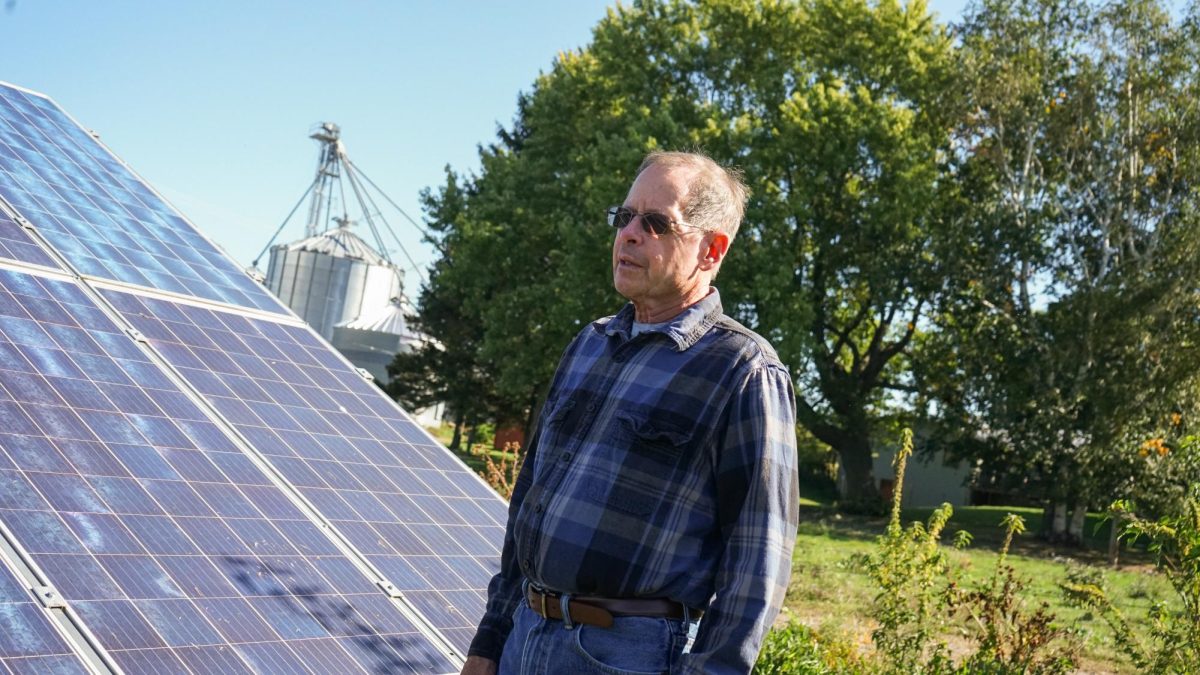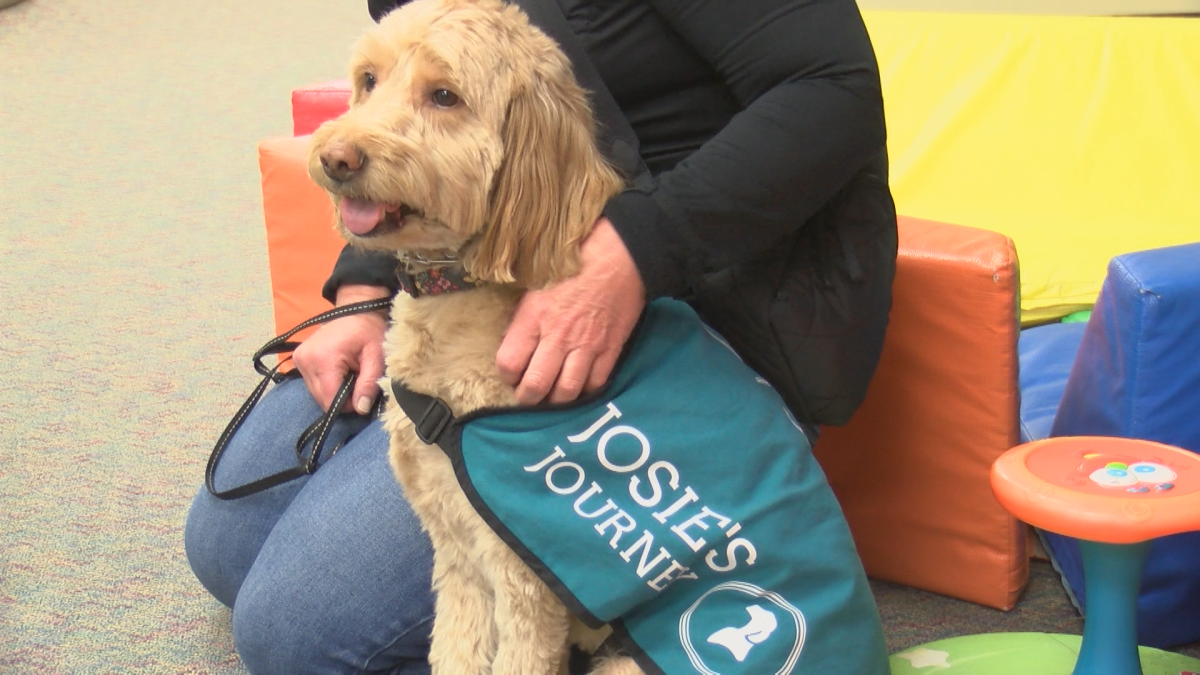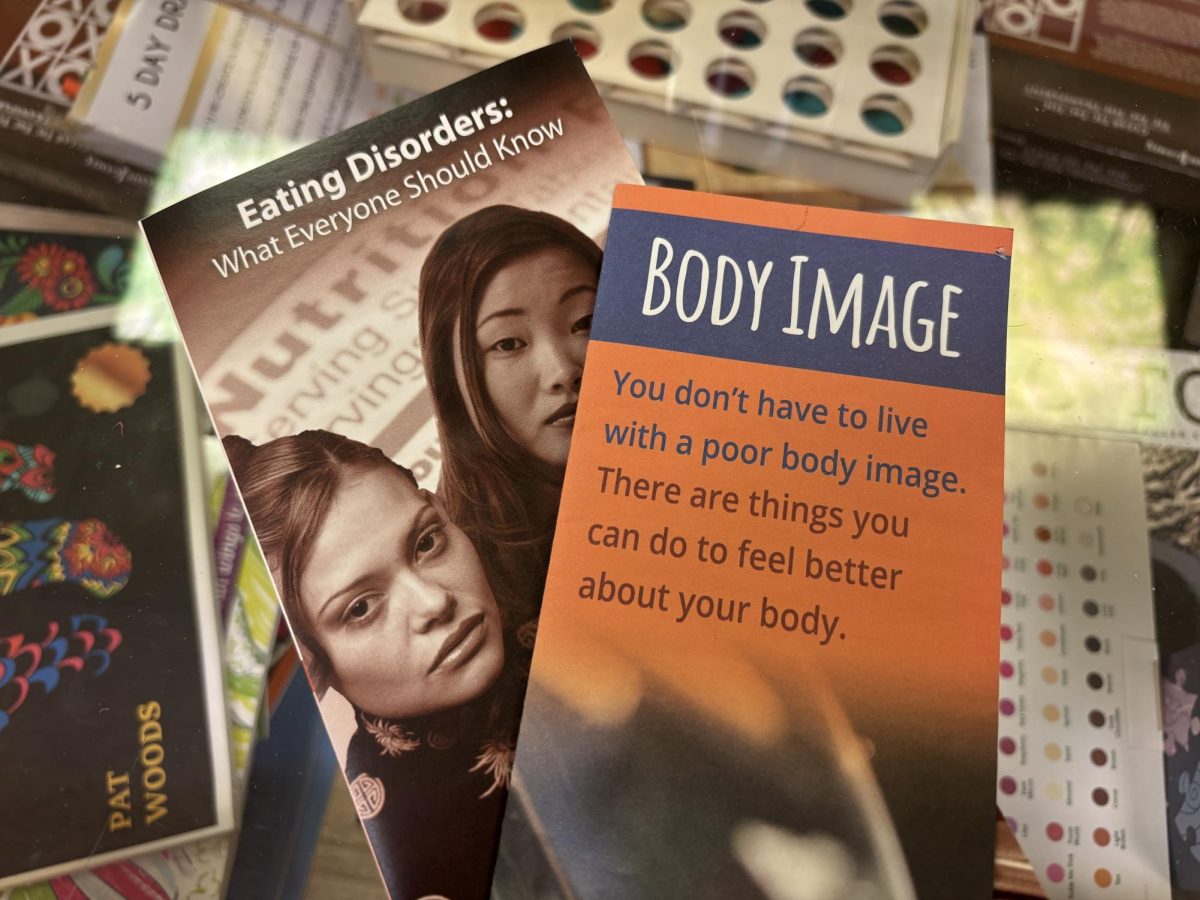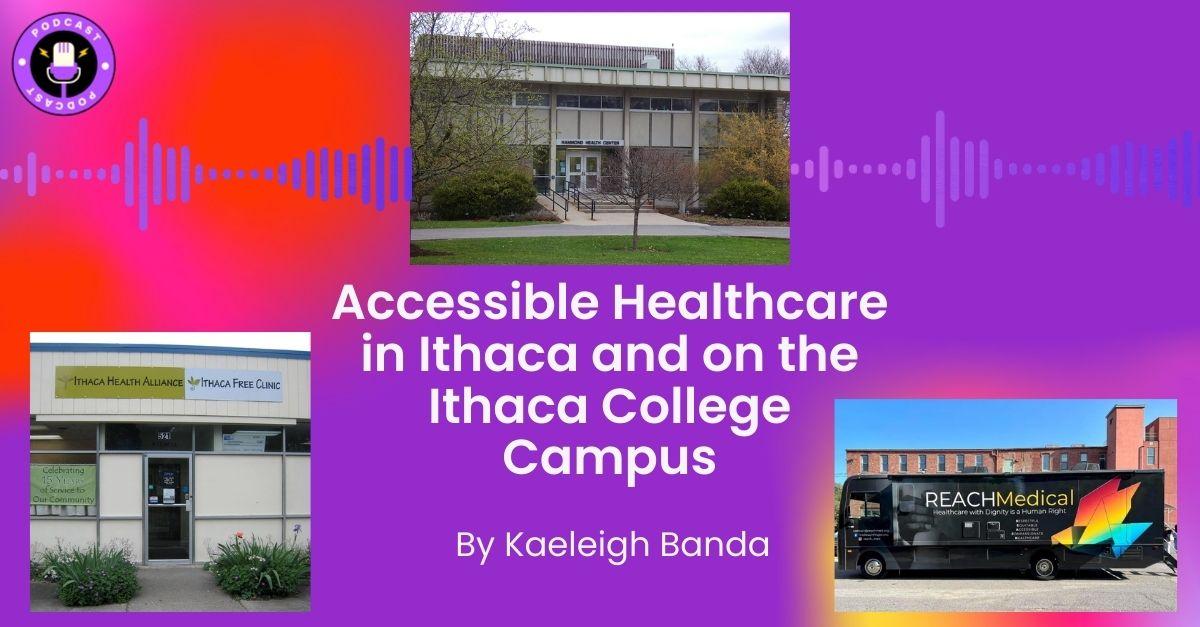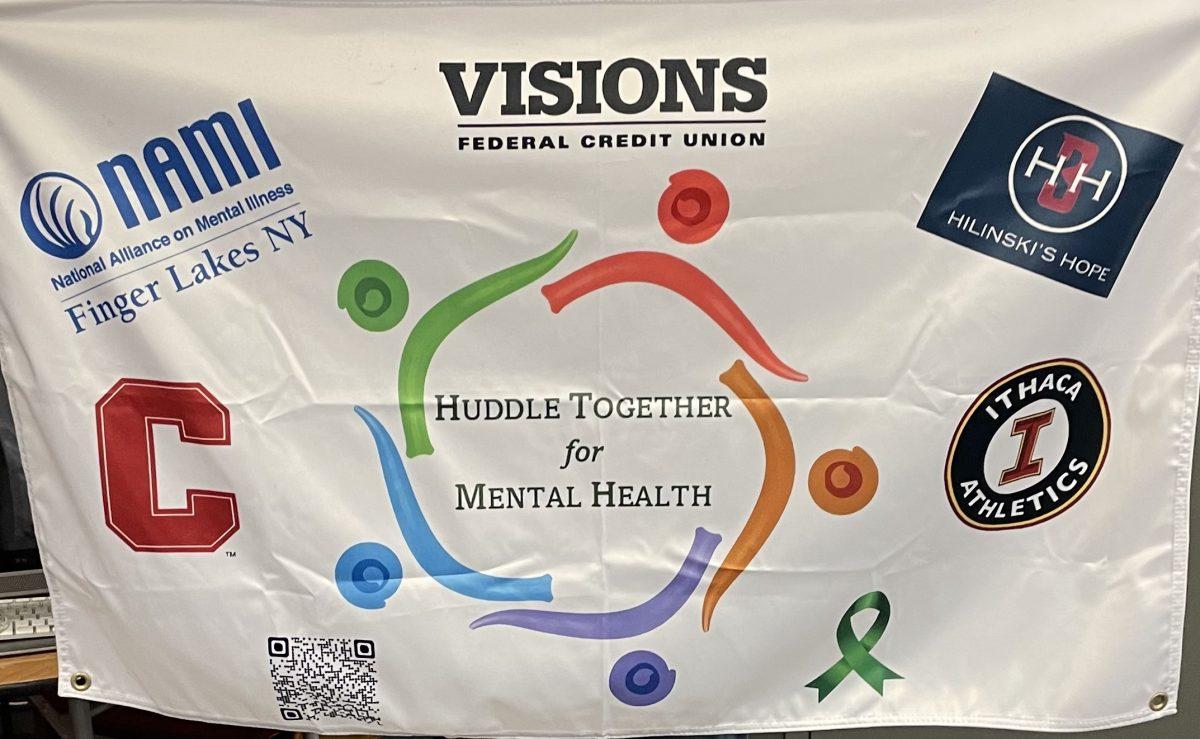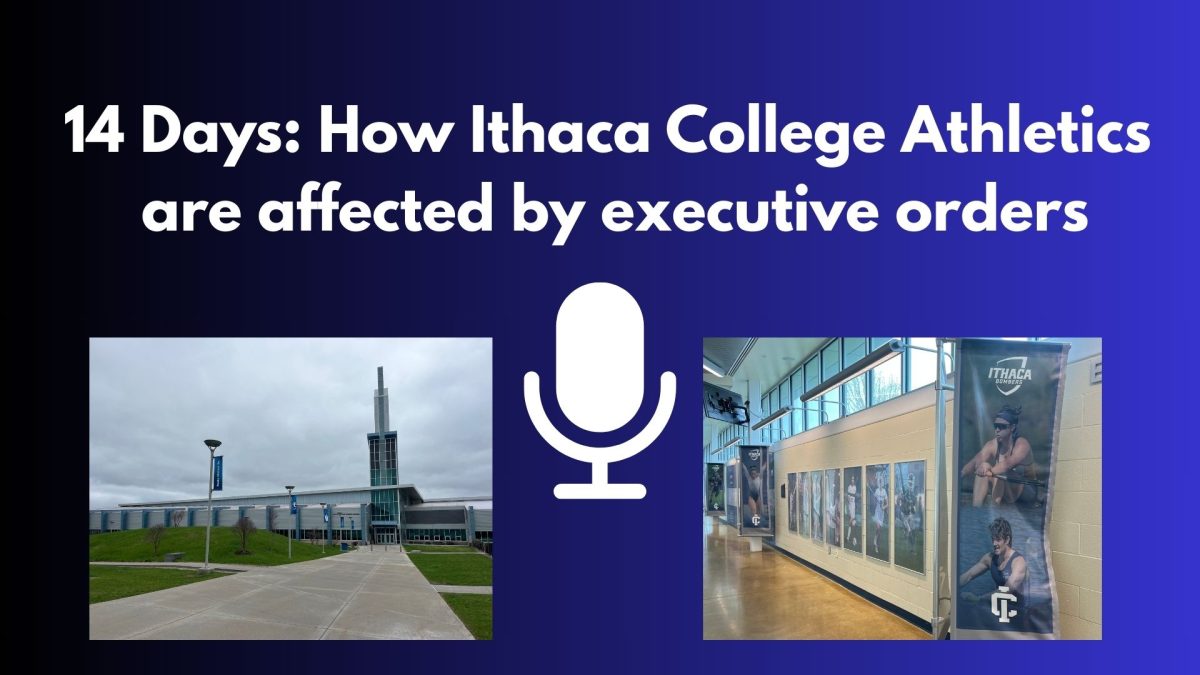Back in 2021, the Ithaca Police Department (IPD) responded to a call regarding a man who was destroying property and threatening people with a knife at the Cayuga Addictions Recovery Services building on West State Street. Determined to be a mental health crisis, officers teamed up with outreach workers, Tompkins County sheriff’s deputies, and state troopers to take control of the situation.
In December 2023 Reimaging Public Safety in Ithaca was introduced. The Common Council passed a resolution to replicate the CARE Team response program previously established in March 2023.
The CARE Team
The CARE Team, or Crisis Alternative Response and Engagement Team, was established to provide services to those in an emotional or behavioral crisis. These services may include de-escalating situations and supporting them after a crisis has occurred that may involve violence or potential injury. In the IPD, clinicians work with officers by responding to calls involving people who may find themselves in a dangerous situation regarding their mental health.
Harmony Ayers-Friedlander, the Deputy Commissioner for Mental Health Services of Tompkins County Whole Health said the CARE team was established through collected research and data collected on the effectiveness of co-response teams. Friedlander said research like this helped address the issue of people not going to emergency departments for a mental crisis if they didn’t need to go.
“Having a licensed clinician who can do an evaluation in the field with a person in real time often results in getting the person connected with other services, getting the de-escalated, and making a determination that they don’t need to go to an emergency department,” Friedlander said.
“You really want people to get the mental health care they need if they’re sick, and we need to make that process better. Most of the time, people don’t need medical care, they just don’t know what to get instead. A big bulk of the work is case management and immediate assessment,” she added.
As well as ensuring that most people do not go directly to the hospital, the CARE team works directly with people in a crisis, conducts follow-ups within the next 24 to 48 hours, and safely plans for them.
“If you think someone’s out to hurt you, and you believe it to be true, because of an illness, you might act in a way that’s aggressive, Friedlander said. “With it being more of a reflection of illness, we work on getting people into the right care, and while they may end up in a hospital situation, it is better than the criminal justice system.”
Working with the IPD
Kristen Morse, a CARE Team Clinician who works with the Ithaca Police Department at the station, is helping to bridge the gap between people in crisis and allowing them to receive the mental health support they need. Before working with the IPD as a CARE clinician, Morse was part of both the domestic violence and sex offender programs within the Tompkins County Mental Health Department.
“I go out on mental health calls with them, do a lot of crisis and case management work, and it is very interesting because I still work for Tompkins County Mental Health, so with me being here I can help people get into our clinic and essentially schedule someone,” Morse said.

Friedlander believes Morse’s background allows her to easily connect with those who are in a crisis when she is responding to calls with the IPD.
“With batterers, you must be careful because sometimes they can make up stuff about their victims and portray them as having a lot of mental health needs and crises when it is a means of controlling the situation. With their partner, it could be a form of abuse, so having a clinician in that helps expand the scope of what the team can do,” Friedlander said.
The Officer Perspective
Deputy Debra Barber is an officer at the Tompkins County Sheriff’s Office and teams up with a licensed mental health clinician in the county. Together, they speak to the person in crisis and attempt to de-escalate the situation.
“Having the CARE team approach is useful in the fact that we can help them find different resources and give them more options. It’s nice to have a licensed mental health clinician because they can evaluate the person to see if they meet the criteria to go to the hospital, be admitted to the behavioral unit, or stabilize them by just seeing if they need someone to listen to,” Barber said.
In terms of approaching a situation that could potentially be dangerous, Barber stresses that while talking and calming a person in a crisis is an important part of a CARE team response, violence could be involved in these calls, which is where a police officer such as herself may step in.
“Some people, when they’re in a crisis, they have that fight or flight response. We have a clinician who could start evaluating, but we must be ready if it turns the other way. Sometimes we deal with people with substance abuse issues, and they’re very unpredictable, and when you can’t deescalate them, force is necessary, so they are protected as well as those around them,” she said.

Barber said the different components that the law enforcement and the clinicians share is what makes the CARE team able to work together effectively and efficiently, especially in violent situations where they are unable to do an assessment on-site.
“When unable to do an assessment, we do follow-up and see if there are any good resources that we can help them with. A lot of it is history, which is another good component of law enforcement, because I can look up their history. The clinician could also look up records to see if they are already part of the mental health system, and we can collaborate on that,” she said.
Community Impact
After the death of Daniel Prude in Rochester, Monroe County, the development and growth of The CARE Team took on new meaning. Along with crisis intervention training, co-response teams also affect the community that law enforcement chose to protect and serve.
The CARE Team is hoping to add more people for additional response hours in the future. Deputy Barber hopes this will help clear some of the stigma surrounding mental health within law enforcement and help the Tompkins County area.
“There has been a stigma with mental health and law enforcement, as a lot of people believe that they’re going to be taken straight to a hospital, but we’re not just there to take you away. We are there to help and find different ways to help someone that’s in a crisis go through something, and that it’s OK not to feel OK,” Barber said.

Other members of law enforcement believe that programs like this can divert people from dealing with the criminal justice system in the first place. This not only helps people suffering from mental health issues but also benefits the public in general.
“Bringing those mental health services to people who are perhaps underserved helps them with whatever that mental health issue may be and preventing that interaction with the criminal justice system can allow them to be more functioning members of society,” said Thomas Kelly, Ithaca police chief.
Local police are simply hoping that the establishment of The CARE Team will allow the community to feel they will be taken care of if a crisis were to occur.
“I think it is useful for the community to know that the police aren’t here just to write tickets and pull you over. We’re here and do this job because we care about the future of our community, and we want to make it a safer place for everyone,” he said.

